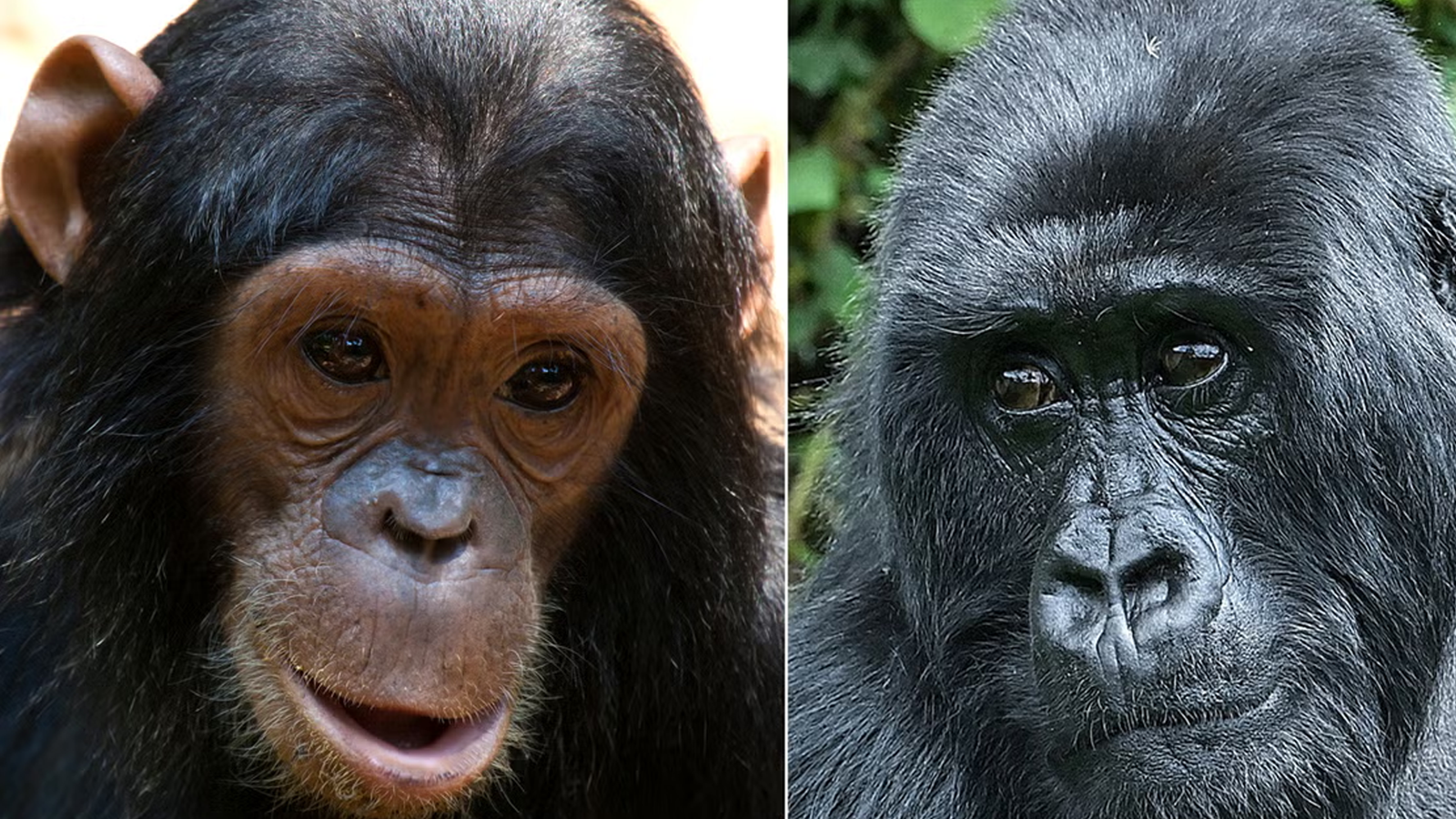
- Aggressive Behaviour: While rare, there have been instances where gorillas have exhibited aggressive behaviour towards humans. This can occur if they feel threatened, their offspring are in danger, or their personal space is invaded. In such situations, a gorilla may charge, make aggressive displays (such as chest-beating or vocalizations), or even physically attack. These instances, however, are infrequent and often a result of specific circumstances.
- Physical Strength: Gorillas are incredibly strong animals. Adult male gorillas can weigh up to 400 pounds (180 kilograms) and possess significant physical power. Their strength means that even unintentional contact or a playful gesture could cause harm to a person.
- Disease Transmission: Gorillas are susceptible to certain human diseases, and humans, in turn, can be susceptible to diseases carried by gorillas. To minimize disease transmission, tourists are typically required to maintain a safe distance (usually around 7 meters or 23 feet) from the gorillas. This distance helps protect the animals from potential infections and prevents humans from contracting diseases from the gorillas.
- Habituation and Guidelines: In some areas where gorillas are habituated to human presence, trained guides and park officials accompany tourists during visits. They provide guidelines and enforce safety measures to ensure a respectful and safe experience for both the tourists and the gorillas. These guidelines often include maintaining a safe distance, avoiding sudden movements, refraining from direct eye contact, and following the instructions of the guides.
- Treacherous Terrain: Gorillas typically inhabit dense forests, and trekking to their habitats can involve navigating challenging terrains such as steep slopes, uneven ground, or thick vegetation. Visitors should be physically fit, prepared for the conditions, and follow the guidance of experienced guides to minimize the risk of accidents or injuries.
- Maintain a Safe Distance: Always keep a safe distance from gorillas, as recommended by trained guides or park officials. This distance is typically around 7 meters (23 feet) or more. It helps reduce the chances of gorillas feeling threatened and helps maintain their natural behaviour.
- Observe and Follow Gorilla Behaviour: Pay close attention to the behaviour of the gorillas during your visit. Follow the guidance of your guides, who are experienced in interpreting gorilla behaviour and can provide instructions on how to act accordingly. Avoid behaviours that may be perceived as threatening, such as direct eye contact, sudden movements, or loud noises.
- Stay with Your Group: When visiting gorillas, it is important to stay together as a group and follow the instructions of your guides. Moving alone or straying from the group can increase the risk of unexpected encounters or provoking defensive reactions from gorillas.
- Do Not Feed or Touch Gorillas: Feeding gorillas or attempting to touch them is strictly prohibited. It can disrupt their natural diet and behaviour, and physical contact may be interpreted as a threat. Respect the gorillas’ wild nature and allow them to maintain their distance and natural behaviours.
- Remain Calm and Quiet: Keeping a calm and quiet demeanor during your encounter with gorillas is crucial. Loud noises, sudden movements, or signs of panic can startle or agitate the animals. Speak softly, move slowly, and maintain a relaxed and non-threatening posture.
- Follow Local Regulations and Guidelines: Different gorilla trekking destinations may have specific regulations and guidelines in place. These may include limits on the number of visitors, time spent with the gorillas, and other important rules to ensure both visitor safety and gorilla conservation. Familiarize yourself with these regulations and strictly adhere to them.
- Seek Professional Guidance: When visiting gorillas, always go with experienced guides who are knowledgeable about gorilla behavior, safety protocols, and local conditions. They can provide valuable insights, ensure your safety, and help facilitate a positive and respectful encounter with the gorillas.


